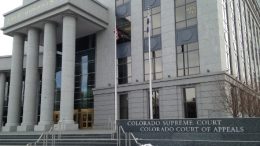Proposal calls for the destruction of old General Assembly files dating to the 1930s
The Colorado legislature’s legal staff will shred old files on each bill and amendment prepared for members of the General Assembly – some going back to the 1930s – if lawmakers approve a proposed new records retention policy.









